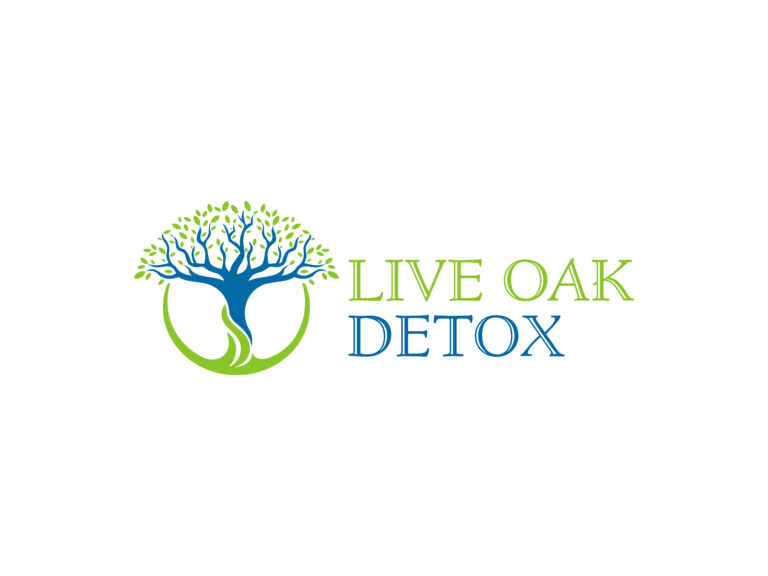Identifying Signs and Symptoms of Heroin Addiction and Exploring Treatment Options
Heroin addiction is a devastating and life-altering condition that affects millions of people worldwide. It is essential to recognize the signs and symptoms of heroin addiction to seek help for yourself or a loved one promptly. In this comprehensive guide, we will discuss the common physical and behavioral signs of heroin addiction, the short-term and long-term effects of heroin use, the impact of heroin addiction on an individual’s personal, social, and professional life, various treatment options and their effectiveness, and the role of support systems in recovery.
Common Physical and Behavioral Signs of Heroin Addiction
Heroin addiction presents itself in various physical and behavioral signs. Some of the most common physical signs include:
- Constricted pupils
- Track marks or needle marks on the skin
- Dry mouth and constant thirst
- Sudden weight loss
- Drowsiness and lethargy
- Frequent itching and scratching
- Slurred speech
- Shallow breathing
- Nausea and vomiting
Behavioral signs of heroin addiction may include:
- Social isolation and withdrawal from friends and family
- Loss of interest in previously enjoyed activities
- Neglecting personal hygiene and appearance
- Changes in sleep patterns
- Financial difficulties and stealing to fund the addiction
- Frequent mood swings and irritability
- Increased secrecy and lying
- Difficulty maintaining employment or attending school
Short-term and Long-term Effects of Heroin Use
Heroin use, even in the short term, can have severe consequences. Some short-term effects include:
- Euphoria and a sense of relaxation
- Heavy limbs and reduced physical sensation
- Confusion and disorientation
- Reduced pain perception
- Nausea and vomiting
- Reduced respiratory rate
Long-term effects of heroin use can be even more dangerous, with some examples being:
- Chronic physical and mental health issues
- Collapsed veins and infections from injecting
- Respiratory infections and pneumonia
- Constipation and bowel obstruction
- Malnutrition and weakened immune system
- Kidney and liver damage
- Increased risk of overdose and death
The Impact of Heroin Addiction on an Individual’s Personal, Social, and Professional Life
Heroin addiction can have a disastrous impact on an individual’s personal, social, and professional life. Some of the consequences are:
- Strained or broken relationships with loved ones
- Social isolation and loss of friendships
- Diminished job prospects and financial instability
- Legal troubles and potential incarceration
- Loss of self-esteem and self-worth
- Mental health issues, such as depression and anxiety
- Increased risk of suicide
Various Treatment Options and Their Effectiveness
Numerous treatment options are available for individuals struggling with heroin addiction. Some of the most effective treatments include:
- Detoxification: This process helps individuals safely withdraw from heroin under medical supervision, managing withdrawal symptoms and minimizing the risk of complications.
- Inpatient rehabilitation: Inpatient treatment programs provide a structured and supportive environment, including therapy, counseling, and medical care, to help individuals achieve lasting sobriety.
- Outpatient treatment: Outpatient programs offer therapy and support on a more flexible schedule, allowing individuals to maintain their daily responsibilities while working towards recovery.
- Medication-Assisted Treatment (MAT): MAT combines medications like methadone, buprenorphine, and naltrexone with therapy to help manage cravings and withdrawal symptoms.
- Cognitive Behavioral Therapy (CBT): CBT helps individuals identify and change negative thought patterns and behaviors associated with addiction, improving their ability to cope with triggers and maintain sobriety.
- Group therapy: Group therapy sessions provide a supportive environment for individuals to share their experiences, learn from others, and develop healthy coping mechanisms.
- Family therapy: Involving family members in the recovery process can help rebuild relationships, improve communication, and create a supportive home environment for sustained recovery.
- Contingency management: This approach utilizes incentives, such as vouchers or cash rewards, to reinforce positive behaviors, such as abstinence and treatment engagement.
The Role of Support Systems in Recovery
Support systems play a crucial role in the recovery process, offering emotional, practical, and social support to individuals battling heroin addiction. Some essential support systems include:
- Family and friends: Loved ones can provide encouragement, understanding, and a safe space for individuals in recovery.
- Support groups: Groups like Narcotics Anonymous (NA) and SMART Recovery offer a non-judgmental environment for individuals to share their experiences, gain strength from others, and learn new coping strategies.
- Professional counseling: Ongoing therapy sessions with a mental health professional can help individuals address underlying issues that may have contributed to their addiction and develop healthier ways to cope with stress.
- Sober living communities: These communities provide a structured, drug-free environment for individuals in early recovery, helping them develop new habits and relationships to support long-term sobriety.
Heroin addiction is a complex and challenging condition that requires a comprehensive approach to treatment and support. By understanding the signs and symptoms of addiction, the impact on an individual’s life, and the various treatment options available, you or a loved one can take the necessary steps towards lasting recovery. Support systems, including family, friends, and professional help, are invaluable in fostering a successful recovery journey. With the right help, resources, and determination, overcoming heroin addiction is possible, and a fulfilling, substance-free life awaits.





